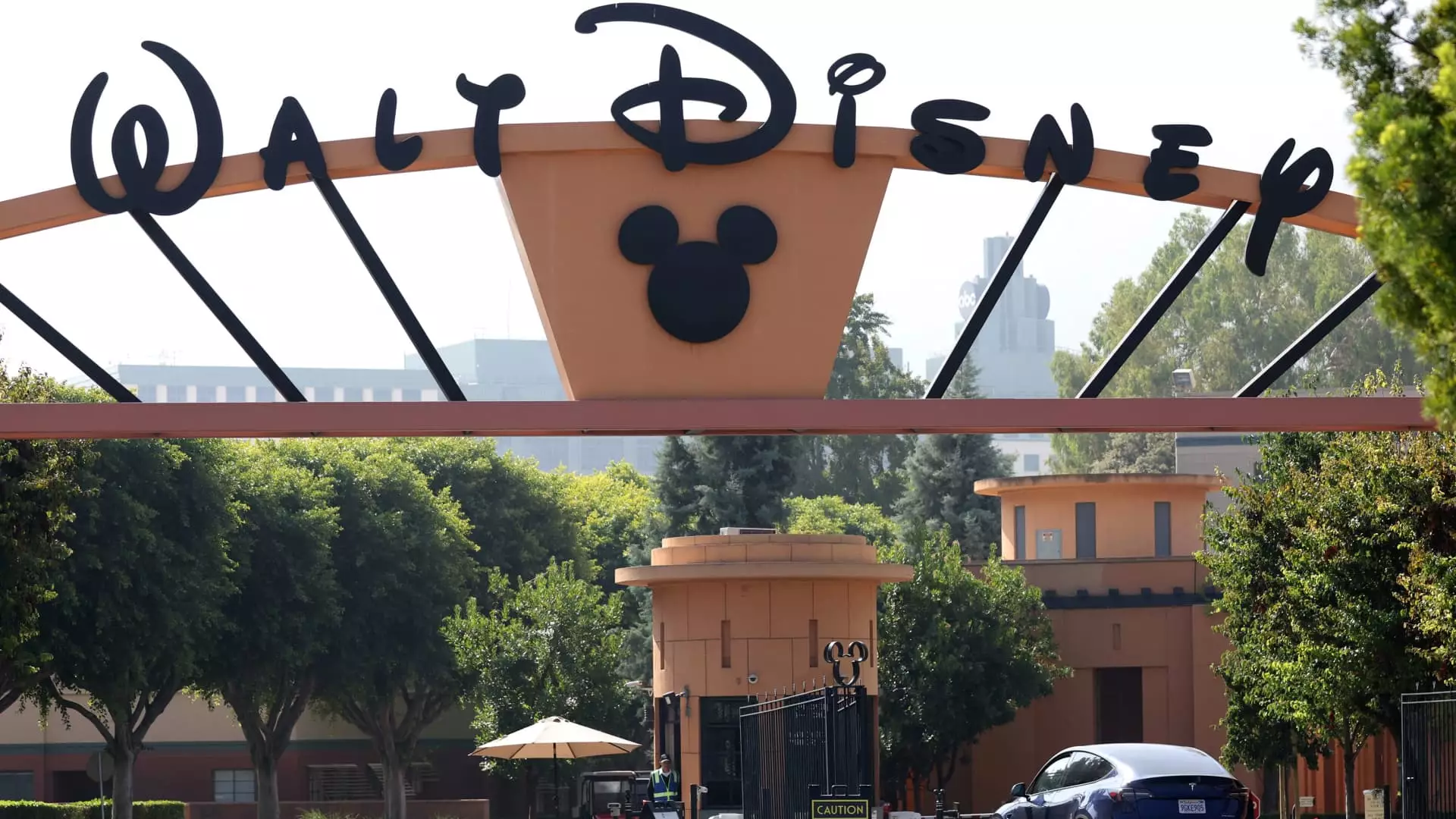The ongoing investigation by the Federal Communications Commission (FCC) into Disney’s diversity, equity, and inclusion (DEI) initiatives represents a troubling shift in governance that could have far-reaching implications for corporate responsibility in the United States. It may appear on the surface that the government is acting in the interest of fair play; however, upon deeper reflection, it reveals an alarming tendency toward stifling positive social progress under the guise of regulatory scrutiny. While corporate accountability is essential, the direction this investigation is taking indicates a more profound ideological battle that could hinder the virtuous aims of DEI reforms.
Historical Context: From Inclusivity to Scrutiny
Disney, a titan in the entertainment industry, has made significant strides in promoting inclusivity. Historically, the company’s media representations and hiring practices have sought to broaden perspectives and serve a diverse audience. Now, with FCC Chairman Brendan Carr’s directive to probe these very initiatives, we observe a disturbing full circle. Under the previous administration, the narrative around DEI efforts shifted, painting these essential programs as divisive rather than as pathways to equity. The implication that Disney’s practices might lead to “invidious forms of DEI discrimination” serves to undermine decades of progress made in striving for a more inclusive society.
Political Motivations Behind the Investigation
The appointment of Carr by Donald Trump is no coincidence. His investigations into media giants like Disney and Comcast align with an apparent political agenda aimed at dismantling progressive corporate practices. The inquiry follows an executive order mandating the identification of possible violations against DEI practices, suggesting a strategic effort to freeze movement towards inclusivity at numerous corporations. This tactic could be seen as part of a broader conservative framework where DEI, which aims to empower marginalized groups, is falsely affiliated with undesirable forms of discrimination.
A Call for Resistance: Upholding the Spirit of DEI
Disney’s response—a commitment to engage with the FCC—signals a willingness to cooperate that might be misconstrued as consent to this coercive approach. Meanwhile, advocates for diversity should not remain passive observers. It is crucial to recognize that DEI initiatives are fundamental not only for corporate success but for fostering social change. Organizations must respond positively to this inquiry by doubling down on their commitment to equity, actively educating stakeholders, and using this investigation as a platform for dialogue rather than an opportunity for retreat.
As the FCC steps into potentially perilous territory, the stakes surrounding corporate DEI initiatives remain alarmingly high. If companies like Disney bend under pressure and scale back their inclusion policies, it could set a damaging precedent, allowing pockets of resistance against social equity to gain momentum. In this landscape, the need to advocate for inclusivity has never been more urgent, urging corporations not only to survive scrutiny but to thrive by embodying the principles they preach.

